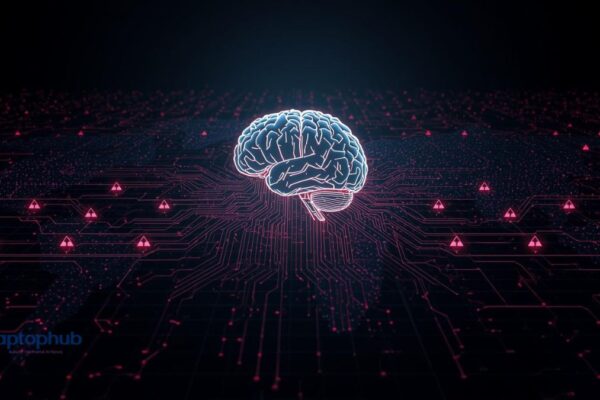Salesforce has announced that it will integrate advanced generative-AI models from OpenAI (GPT-5) and Anthropic (Claude) into its newly launched Agentforce 360 platform. This move positions Salesforce to become a central hub for creating, deploying and managing AI agents in enterprise settings — spanning everything from customer service to data analytics.
Transforming the Enterprise AI Workflow
The Agentforce 360 platform, which launched globally just a day prior, allows organizations to embed AI agents into tools such as ChatGPT, Slack and Salesforce’s own CRM environment. Employees will be able to generate analytics visualizations (via Tableau), automate workflows and even handle merchant-checkout processes through features like “Agentforce Commerce”.
Why This Move Matters
- By pairing enterprise workflows with generative-AI capabilities, Salesforce is moving beyond simple chatbots — toward agentic systems that act and deliver value.
- The integration of GPT-5 and Claude models gives clients access to best-in-class reasoning and language capabilities inside a trusted business ecosystem.
- For regulated industries (finance, healthcare), the secure cloud environment and enterprise-premise context provide a key differentiator.
- This signals a broader shift: generative AI is becoming core to business process automation and not just a novelty.
What to Watch Next
- Adoption and case-studies: Which verticals roll out Agentforce 360 first, and what measurable business outcomes emerge?
- Governance and risk: How Salesforce handles data privacy, model-auditability and compliance when embedding generative AI deep into enterprise workflows.
- Competitive response: How other major business-software vendors (e.g., Microsoft, Oracle) respond with their own generative-AI platforms.
- Agentforce Commerce rollout: The success of enabling merchants to sell via AI-agents while maintaining control over fulfilment and data will be a bellwether for commercial generative-AI usage.





